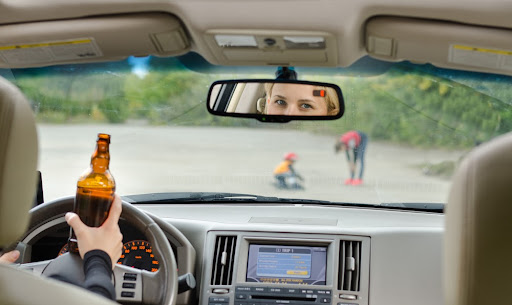


Various businesses, such as a winery, supermarket, liquor store, bar, restaurant, or entertainment venue, serve liquor to the public. Unfortunately, irresponsible drinkers can cause accidents and other problems when they become too intoxicated. That is why if your business serves alcohol, you must accept the responsibilities and risks that come with it. Not only can you be sued as an owner, but a plaintiff may also elect to sue the server who provided alcohol and the drunken patron who caused the damage.
If your business serves alcohol to the public, you should look into liquor liability. Doing so would help absorb legal costs if a third party sues you for making alcohol available to someone who caused bodily harm or damage to their property.
Businesses commonly carry Commercial General Liability (CGL), which covers various types of injuries and damage to other people's property except cases related to intoxicated individuals causing damage. That's why you need additional coverage for liquor liability. A CGL plan does not cover cases when your establishment served alcohol to a minor or someone already clearly drunk. It also doesn't cover violations of local ordinances or other regulations.
It's important to note that liquor liability insurance only covers businesses with up-to-date liquor licenses. When your establishment faces a lawsuit by someone who was a victim of the damage, your liquor liability insurance covers your attorney bills and settlement amounts.
Yes, you can get sued by a victim who has never set foot on your commercial property if it's clear that you continued to serve alcohol to a drunk who was in no condition to drive, then caused a traffic accident, or committed a violent act. Such litigation often comes as a surprise, so it's crucial to have liquor liability insurance in place to account for the coverage gaps of your general plan.
Liquor liability policies may include various exclusions, such as for assault and battery. If a policy does not cover assault and battery, it should be avoided, especially if your business is a liquor store. Another exclusion might be mental injuries. Find out if your insurer offers safety and training courses that can lower your monthly premium.
Forty-four states currently have dram shop laws, in which businesses that serve alcohol can be held liable for the damage caused by intoxicated patrons. Each state has its own version of dram shop laws, but it's usually difficult to prove the business was at fault.
Hosts who serve liquor at private parties are usually covered by the property owner's general liability plan and can be sued for injuries or death under host liability laws. On the other hand, businesses need liquor liability insurance as stand-alone or add-on coverage.
Instead of trusting a random listing in Google for "brewery insurance near me," our experienced insurance experts can help answer your questions. Contact us at Humble & Davenport Insurance Brokers and let us know how we can help your business with the right insurance policy.